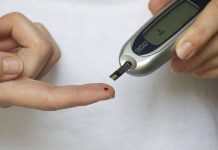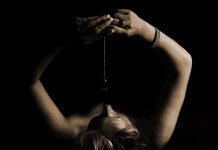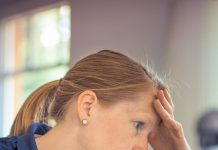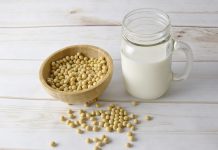The changes a woman goes through at the end of her reproductive period are called menopause. This is a completely normal condition that every woman experiences in the later years of her life. However, due to the fluctuating hormones that occur it can also be a nuisance. Hot flashes are the symptom that most recall in relation to this condition, but insomnia is also a common side effect.
How Does Menopause Cause Insomnia?
“hormonal changes that women experience during menopause sometimes cause insomnia”
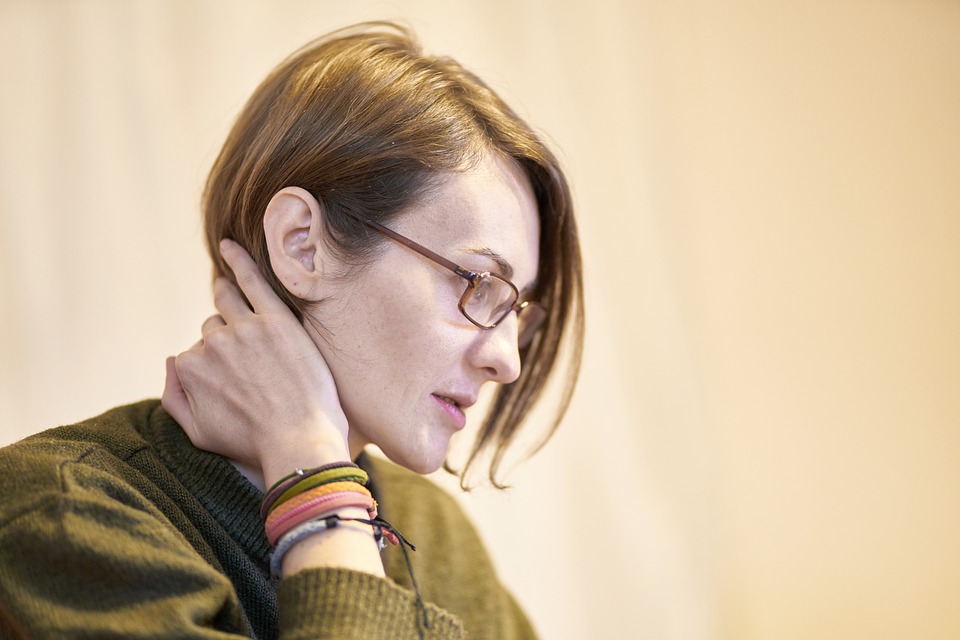
Menopause and insomnia are linked on several levels. This condition occurs when your ovaries no longer produce eggs, and is officially reached when you have gone a full year since your last menstrual period. During this year, known as perimenopause, your body produces lower levels of hormones. These hormones include estrogen and progesterone. The estrogens work to develop and maintain the female characteristics of your body, as well as readying the uterus for reproduction.
Estrogen also helps to regulate body temperature, preserve bone strength, prevent bone loss, regulates cholesterol production in the liver, and enhances the impact of “feel good” chemicals in the brain. Progesterone’s main function is to prepare for the possibility of pregnancy after ovulation. If the woman does not become pregnant, the progesterone levels lower. If pregnancy does occur, progesterone aids in feeding the fetus and helps prepare breasts for milk production.
It is mainly due to these hormonal changes that women in menopause sometimes experience insomnia. The new experience of hot flashes may also contribute to this sleep interruption. Hot flashes are surges of adrenaline that, as the name suggests, make your temperature rise but also wake you from sleep. All of these hormone changes can also lead to depression and/or mood swings. Suffering from depression can also contribute to insomnia.
Further, this time in your life may also be full of social changes in and around your life. If you have children they may be moving out, you may be retiring, or you could just be feeling that midlife crisis stress of reaching a new life phase.
What Are the Natural Remedies to Sleep Better During Menopausal Time?
“lifestyle changes that can enhance sleep are powering devices down an hour before bed, taking a warm shower before bed, and a comfortable bedroom”
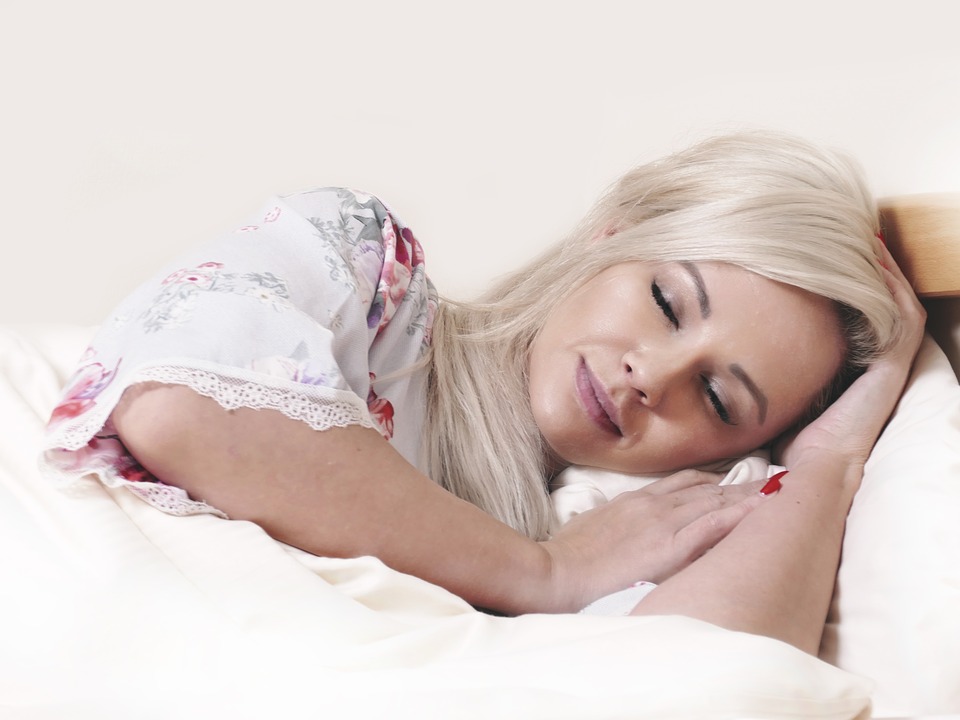
Though for you menopause and insomnia may be linked irrevocably, the same natural remedies can be used no matter what the cause of your insomnia. Being physically active can often help you sleep well. Research shows that those who exercise for an hour, five days each week, have deeper and more restful sleep.
Another way to combat insomnia is to incorporate certain foods into your dinner time or night time snack routine. Some sleep aiding foods include cheese, almonds, salmon, whole grain crackers, cherries, and bananas. Additionally eating other foods can inhibit your sleep. These sleep stealing foods include anything with caffeine, alcohol, spicy foods, and high fat foods. Not to say you can’t indulge in these things at all, just keep it to at least six hours before you want to go to sleep.
Other lifestyle changes that can enhance sleep are powering devices down an hour before bed, taking a warm shower before bed, and a comfortable bedroom – whatever that means for you.
Other natural remedies for sleep include sniffing lavender (via essential oils or a spray), sipping chamomile tea, St. John’s Wort, Valerian, Kava, Passion flower, Melatonin, and the California poppy.
Chamomile tea, Valerian, Kava, California poppy, and passion flower have relaxing properties that help you wind down before sleep, they also act as a very mild sedative which provides a calming effect. St. John’s Wort can be steeped into a tea or taken as a supplement, it is often used to soothe anxiety and other menopause symptoms.
Melatonin is the hormone that regulates your sleeping cycle, so this supplement will help you fall asleep. All of these should be taken under doctor’s supervision and not regularly for a long time period.
How Can You Prevent Insomnia During Menopausal Years?
“The menopausal cycle can be a difficult time in any woman’s life. Self-care is important all of the time”

These menopause symptoms, including insomnia, can be prevented by using the recommendations discussed here. A healthy life of eating right and regular exercise can keep insomnia under control, even during your menopausal years. Keep in mind however that quality uninterrupted sleep is also part of a healthy life. The remedies discussed above are one way to increase the likelihood of a goods night sleep.
The menopausal cycle can be a difficult time in any woman’s life. Self-care is important all of the time, but particularly when your body is going through a transformation. Pay attention to what you need and treat yourself to a healthy life. This will make the menopausal years easier and prevent a disruption to your lifestyle.
Sources & References:
Sleep Disorders in Postmenopausal Women – US National Library of Medicine
www.ncbi.nlm.nih.gov/pmc/articles/PMC4621258/
Natural Remedies for Hot Flashes – Medical News Today
www.medicalnewstoday.com/articles/317523.php
Menopause and Insomnia – National Sleep Foundation






